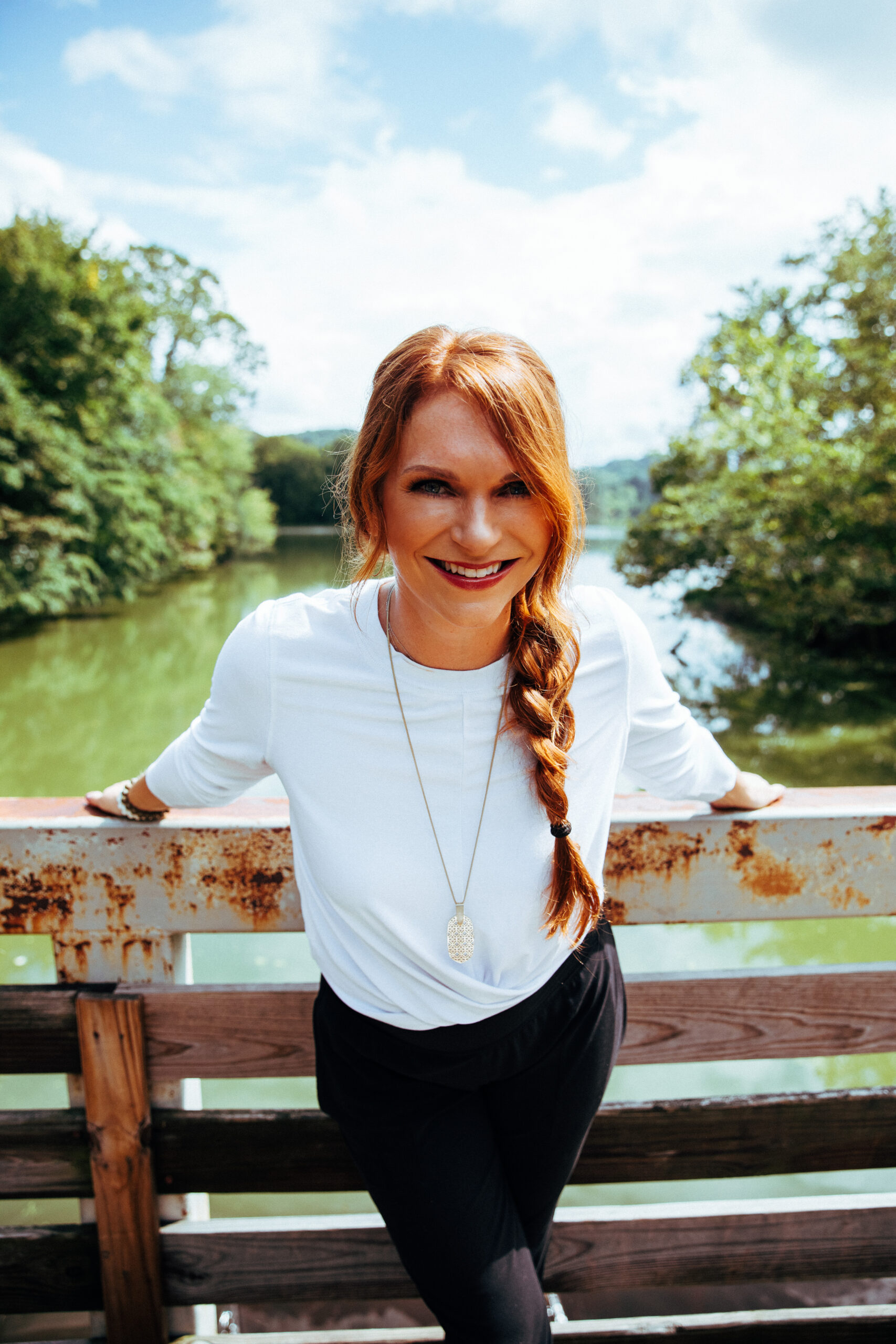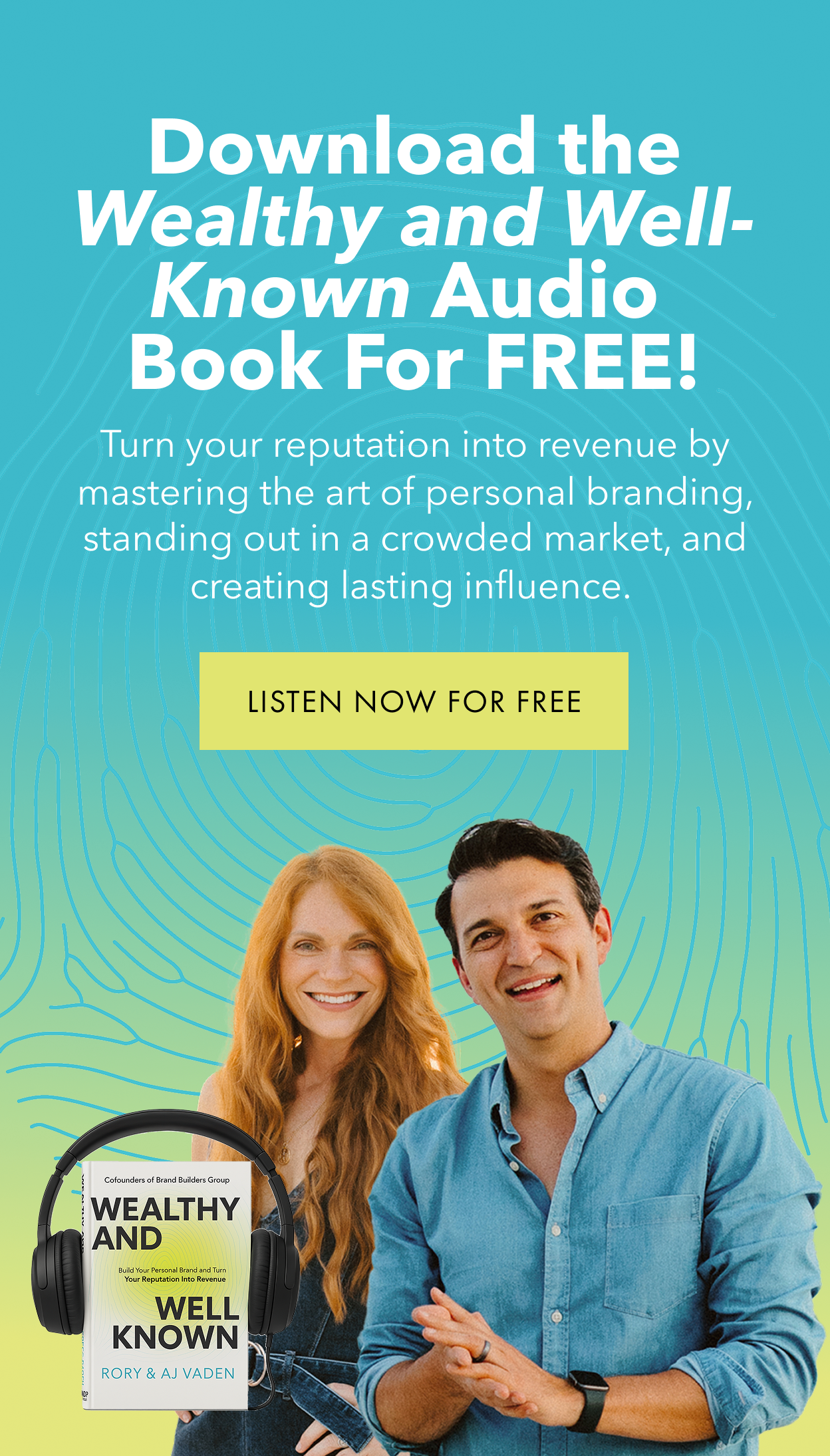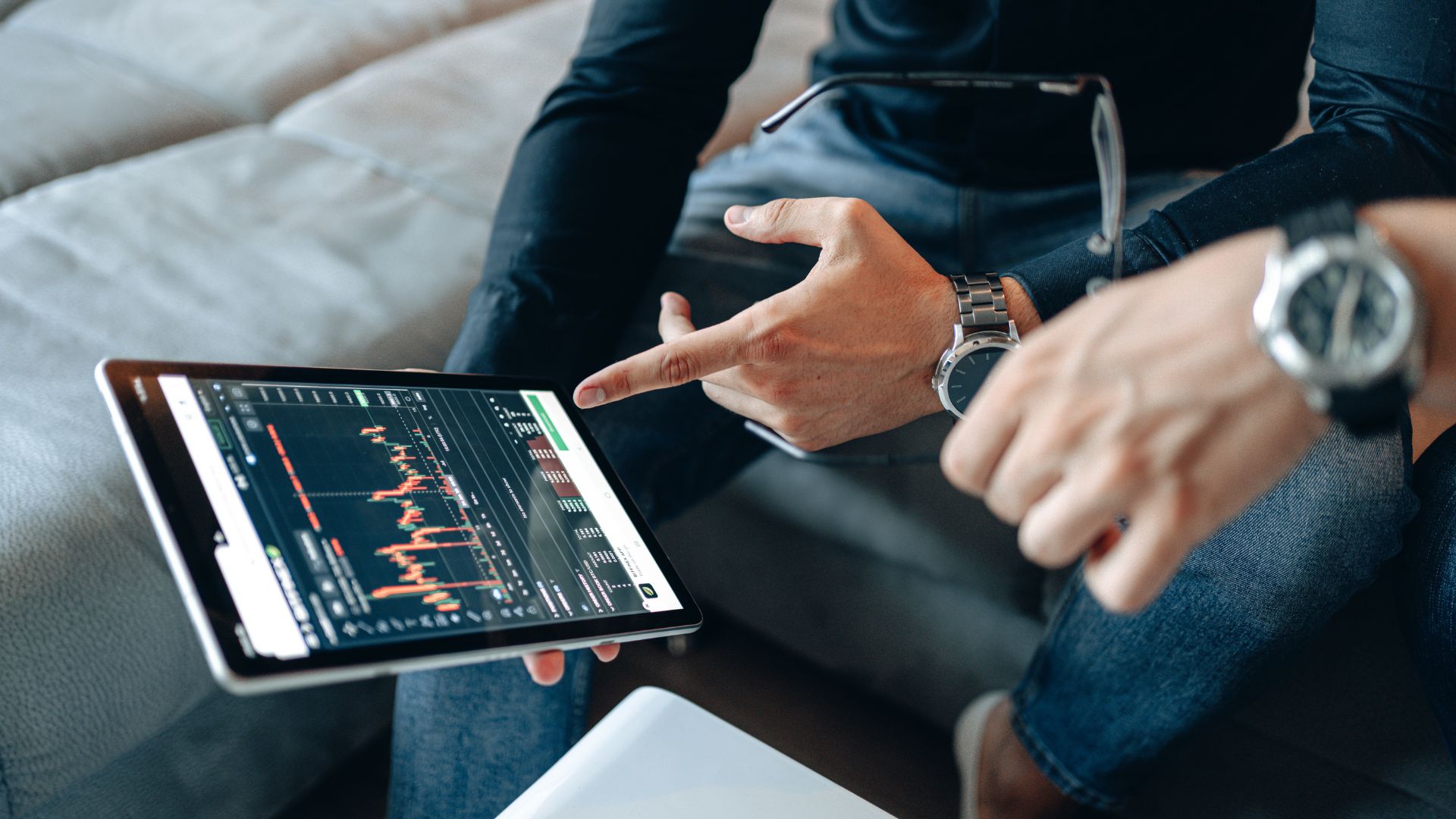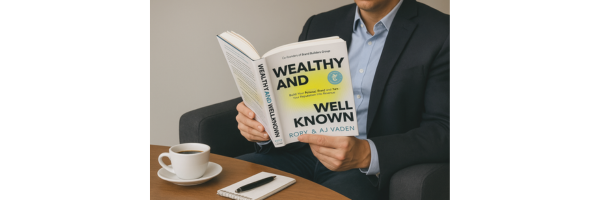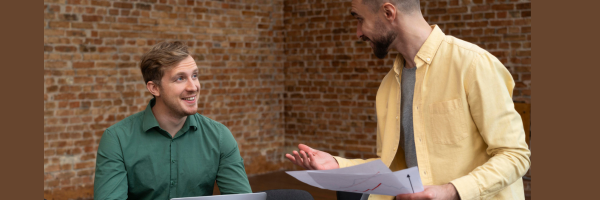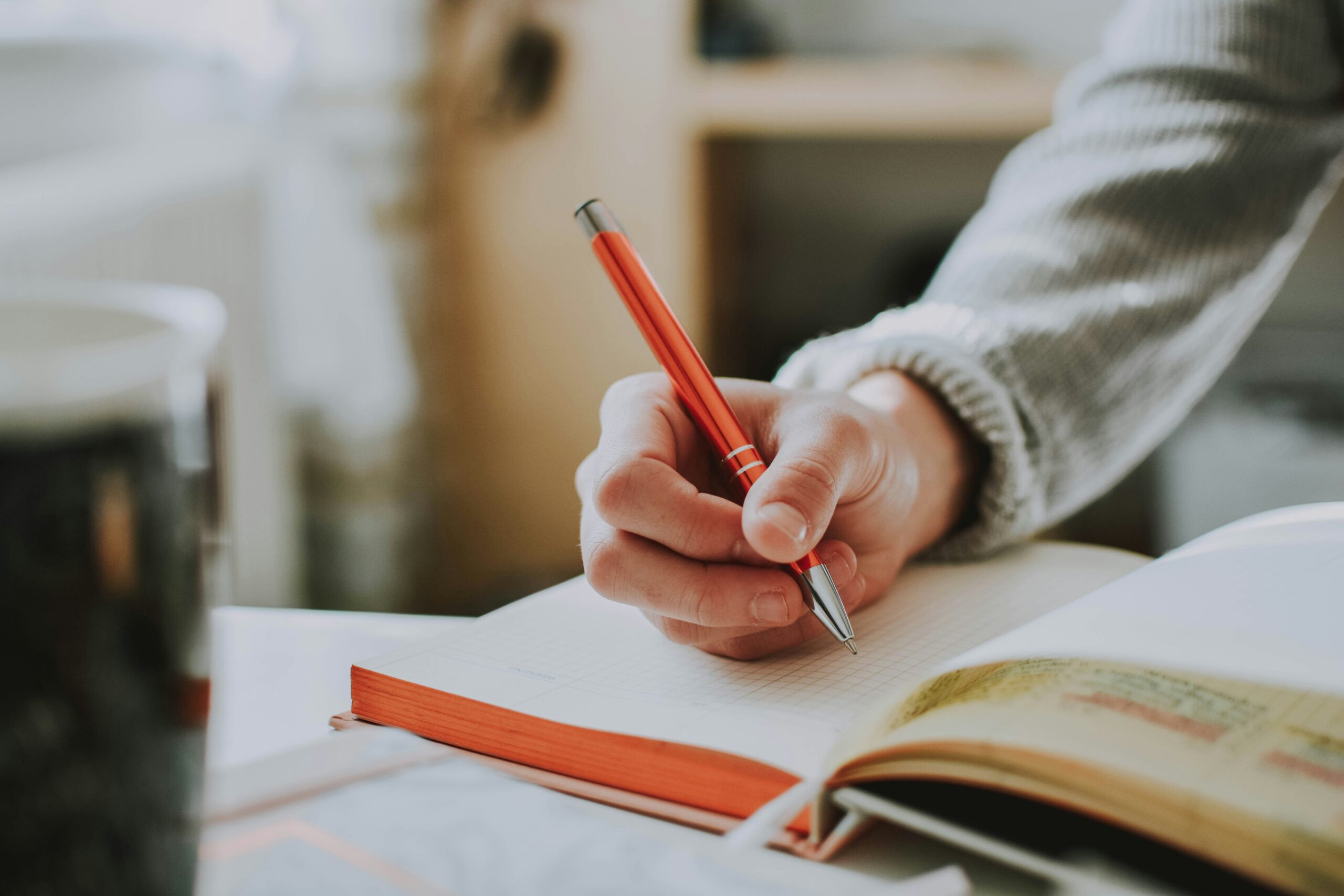I found myself at a low point last year. I was tired, foggy, and felt like a shadow of myself. After an emergency gallbladder removal and years of battling hormone imbalances, chronic insomnia, and that stubborn second-baby weight, I was mentally and physically depleted. I was doing all the things—or so I thought. Keto, fasting, eating “healthy,” exercising. But none of it was working.
If this sounds familiar, keep reading.
Soon after my low point, I met Dr. Cody Goldman. What I learned from him over the course of one conversation—and later, his Fast 40 program—helped me reset my body, regain my energy, and, honestly, take back my life.
Today I want to share the key takeaways from this transformative experience because they might just be the thing you need to crush your goals this year.
The Hidden Sugar in “Healthy” Foods (And Why It’s Wrecking Your Body)
During my first call with Dr. Cody, he asked me a simple question: “Do you eat sugar?”
“Nope,” I replied confidently. I mean, I’ve never been a sweets person. I’d walk past a cookie without blinking, though chips are a different story. But sugar? Not really my thing. Or so I thought.
Then he hit me with this: “I didn’t ask if you eat dessert. I asked if you eat sugar. Go look at your pantry and fridge after this call and add up all the grams of sugar in everything you eat.”
I was skeptical but curious, so I did it. And I was floored. Y’all, there was sugar everywhere. It was in my “healthy” snacks, my condiments, my spices—heck, even my garlic salt! I was eating so much sugar without even realizing it. Labels like “organic,” “natural,” or “low-fat” had lulled me into thinking I was making great choices when, in reality, I was drowning in added sugars. That was my first wake-up call.
The Lesson:
You cannot trust the packaging. To truly know what you’re putting into your body, you have to flip the label and read every ingredient. Sugar hides in places you’d never expect, and it can wreak havoc on your energy, hormones, and metabolism.
The Surprising Role of Oils (And Why They’re Undermining Your Health)
The second revelation was about oils. After losing my gallbladder, I had been cautious with oils. But Dr. Cody pushed me further, asking, “What about the oils in your skincare? Your hair products? The ones added to the foods you eat? The oils used in restaurant cooking?”
I had never thought about the hidden oils in everything. And it wasn’t just about avoiding oils like vegetable or canola oil—it was about understanding how even “healthy” oils, when overused, can mess with your body. Dr. Cody explained that sugar and oil were replacing my body’s natural fuel source—fat. My body was running on junk instead of what it was built to use.
The Lesson:
If you want your body to function the way it’s designed to, you need to clean up your oil intake. That means scrutinizing not only what you eat but also what you put on your body. Less oil = a better chance for your body to burn fat and feel energized.
The Research We Skip—and Why It Matters
I spent years setting goals like “This is the year I’ll get healthy,” but I never backed those goals with research. I didn’t ask the tough questions. I didn’t take the time to understand what I was putting into my body. I thought effort alone was enough.
But effort without the right knowledge is wasted energy. Once I did the research, I could make informed choices, and those choices made all the difference. Today, I’m sleeping soundly for the first time in almost a decade. I have all-day energy, mental clarity, and I’m fitter now than I was on my wedding day. The shift wasn’t magic—it was education.
The Lesson:
If you’re serious about achieving your goals, take the time to educate yourself. What do you need to know to succeed? What hidden obstacles could derail your progress? The more prepared you are, the more likely you are to follow through.
The Power of Daily Accountability
I’ve done my fair share of self-development programs, but Dr. Cody’s Fast 40 program was next-level because every day I had to report my stats: what I ate, how I felt, my progress. And every day he was there to hold me accountable.
Some days he cared more about my success than I did. On tough days, I needed that push. On great days, I needed someone to celebrate with me. This daily accountability kept me consistent even when I didn’t feel like it.
The Lesson:
Accountability isn’t optional if you’re serious about reaching your goals. Whether it’s a coach, a friend, or a structured program, having someone to keep you on track—and pick you up when you stumble—can be the difference between success and failure.
What Are Your Goals for 2025?
So here’s my challenge to you: What’s your big goal for 2025? And more importantly, what’s your plan to make it happen?
1. Have you done the research? What do you need to learn to ensure you’re setting yourself up for success?
2. Do you have accountability? Who’s going to keep you on track, cheer you on, and call you out when you’re slipping?
These two things (education and accountability) transformed my life last year. They can transform yours too. If you’re ready to make this your year of health, wellness, and success, start by answering those two questions.




